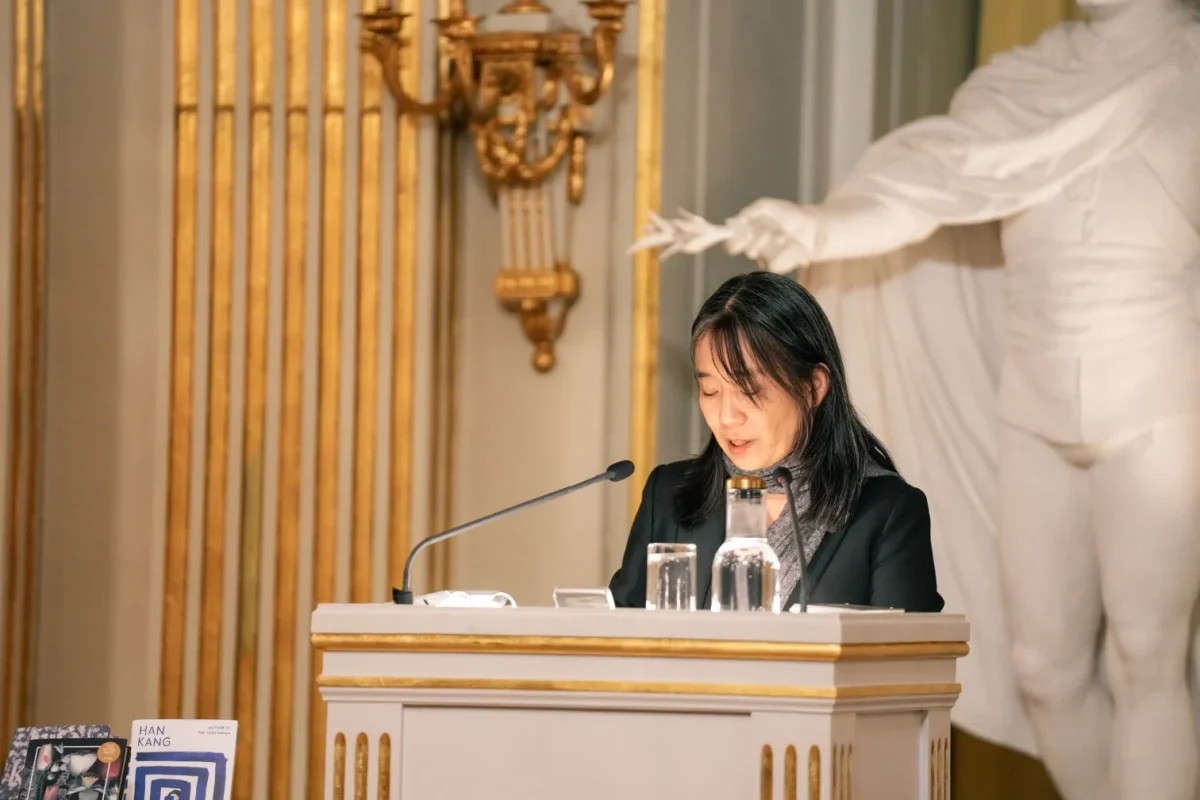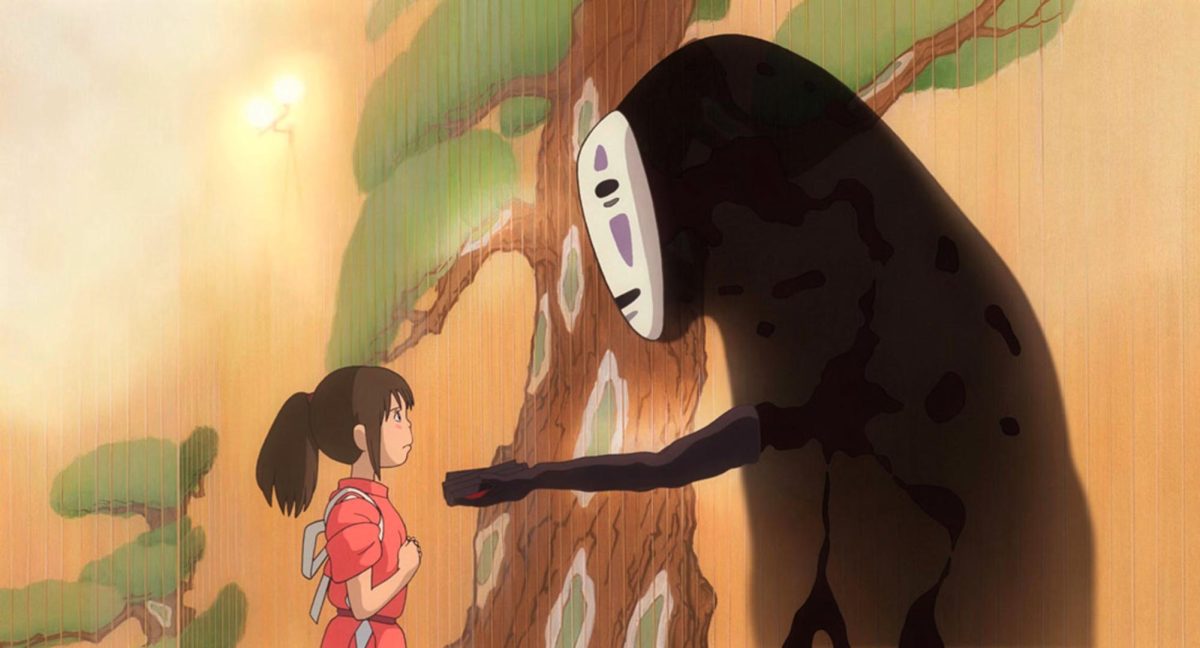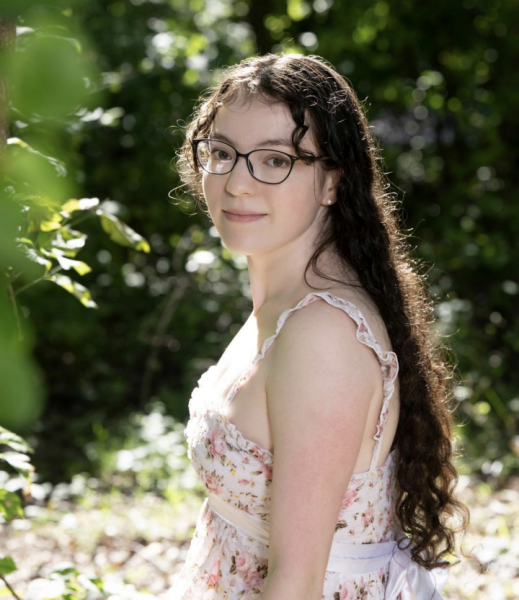Following Han Kang’s big win in literature, I picked up “The Vegetarian,” arguably Han’s most notorious work. It was one of those reads that provoked in me an urgent desire to wash my hands clean once I completed it. As I sat in my discomfort, Han’s book on my coffee table, I wondered how much distance I had from women like Yeong-hye, the protagonist of this story. Have I encountered women who, like Yeong-hye, have to endure, wither away, and submit? If they were to break their silences, would I shift around in my seat, grimace, and embrace the discomfort, or would I turn away?
Han Kang harnesses visceral discomfort to address social issues, and it would seem that the stance of The Swedish Academy, the group primarily responsible for selecting Nobel Prize winners in literature, may lean towards the notion that making people uncomfortable may be more effective at bringing awareness to controversial topics than more sanitized approaches.
To preface, it is important to note that “The Vegetarian,” along with one of Han’s other most notable works “Human Acts” depicts graphic sexual violence, disordered eating, suicidal ideation, and general bodily horror. Iranian-American writer Porochista Khakpour says in her New York Times review of “The Vegetarian” that, “All the trigger warnings on earth cannot prepare a reader for the traumas of this Korean author’s translated debut in the Anglophone world.” That being said, the graphic material in the book does not come off as gratuitous in retrospect. In fact, the abuse depicted seems to be an accurate reflection of the severely normalized sexual violence entrenched in the domestic lives of many women both in South Korea and across the globe. As someone who went into this story having not read reviews, I would recommend that those interested in reading proceed with great caution, and should not neglect to consider their mental health and traumas before reading.
One of my biggest critiques of the book after letting it settle in my mind was undoubtedly the lack of subtlety. I often felt like the writing was trying to guide me to a specific point of thinking, or that aspects of the story were too “on the nose.” After perusing the internet, it seems that this is primarily attributed to the quality and manner of translation from Korean to English. The controversy surrounding the translation has been circulating since its publishing. According to the Los Angeles Times, critics have argued that translator Deborah Smith not only made basic errors in translation but “altered the text far beyond the acceptable parameters of translation.” While I found the piece prosodic while reading, I can understand why there are qualms with its integrity as a faithful adaptation.
The story of “The Vegetarian” begins from the perspective of Yeong-hye’s husband, who can relatively unambiguously be read as the epitome of casual and unchallenged patriarchal values. Conversely, readers of the book in other translations such as French (a collaborative effort between a French and Korean translator) note that the English translation seems to strip away subtext in favor of clarity. For instance, columnist Derek Neal notes in his Substack newsletter that the characterization of Mr. Cheong, the husband in question, is distinctly “active” in the English translation, while “passive” in alternative translations. For me, a significant pitfall in this alternate characterization is that it takes away from the message that Mr. Cheong, like many misogynists, patriarchs, or abusers, is an ordinary man rather than the manifestation of some great inhuman evil that one could point out after a single conversation. His thoughts in other translations are not dripping in hatred for his wife as the English translation may show, but indifference and underlying resentment that enables him to justify how he violates Yeong-hye and denies her of her autonomy. By establishing him off the bat as someone the reader is meant to abhor unequivocally, it takes away from the reality that abuse of any kind is not a crime exclusive to the irrational and monstrous, but committed by the average person. If someone is made into a monster, their behavior may be excused on account of their “nature” as an alternative to facing the truth: that it was their decision to brutally violate another human being, and they need to be held accountable with that in mind.
If violence is commonplace, then the ordinary man being a perpetrator is also common. On the other hand, it is not rare to find men who are overtly misogynistic in patriarchal societies. One could argue that the direction of the English translation is more powerful. Emphasizing the misogynist language and thought process behind the two men whose perspectives the reader sees could reach more people, and in turn, leave a more significant impression on readers. It cannot be ruled out that a factor in my preference for approaches like the French translation could also be swayed by the fact that the egregiousness of the misogyny makes me more uncomfortable in the moment than the subtle hatred towards women, and after all, discomfort is one of the things this story seems to be intended to elicit.
Ultimately, while I still cannot say that I enjoyed “The Vegetarian” in the literal sense, the choice of Han Kang for the Nobel Prize is one that fits. Across the globe, feminism remains a divisive topic, which Nobel Prize laureates seem to agree stands as an opportunity for a wider conversation. Furthermore, as South Korea remains a hotspot for both misogynistic and anti-feminist political movements, using shock factor and discomfort through explicit and provocative portrayals of violence and misogyny may be one of the few ways to infiltrate the echo chamber of misogynistic propaganda circulating among the young men dominating the current political sphere. Although it is not my place to determine whether some of the topics included in “The Vegetarian” are depicted with appropriate sensitivity, Han Kang has proven herself to be a conscientious public figure by taking it upon herself to withhold any celebration of her big win in light of ongoing conflicts in Gaza and Ukraine. In January 2025, readers can expect an english translation of Han Kang’s book “We Do Not Part” which seeks to shed light on the Jeju 4.3 massacre of 1938 with a focus on female relationship dynamics.









Eduardo Polón • Jan 6, 2025 at 8:25 am
Your review is an excellent example of thoughtful analysis and clear writing. You manage to capture both the essence of the book and the subtleties of its themes, while also providing insightful commentary on its strengths and weaknesses. The balance between objectivity and personal perspective makes your review engaging and informative, and your eloquent prose enhances the overall reading experience. It’s evident that you’ve invested considerable time and thought into this, and your ability to convey that comes through admirably.